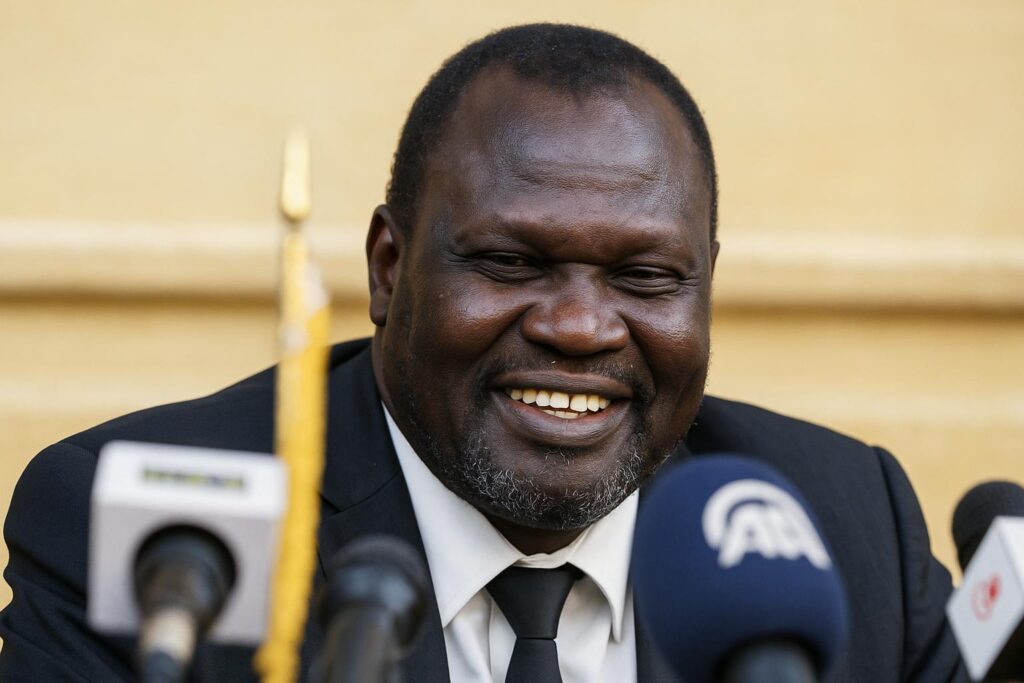Special Court Sets the Stage
A special hybrid court reconvened in Juba to hear treason charges against First Vice-President Riek Machar and seven associates, accused of masterminding March 2025 attacks in Nasir that killed senior officers (court filing).
Presiding Judge James Alala Deng accepted four key prosecution exhibits and adjourned proceedings to 6 October 2025, promising space for cross-examination of investigators and accused alike.
Immunity Claim Sparks Legal Debate
Machar, 73, told investigators he rejects the justice ministry’s committee, insisting ceasefire violations fall under the international CTSAM structure and that, as vice-president, he enjoys constitutional immunity.
Prosecutors counter that earlier rulings stripped any immunity and that Section 44 of the Criminal Procedure Act empowers the executive to sanction arrests in matters of national security.
Prosecution Exhibits and Defense Pushback
Among accepted documents are an authorization letter, a ministerial order forming the probe, an executive arrest sanction, and a parliamentary resolution waiving legislative immunity for co-accused Gatwech Lam Puoch.
Lead counsel Dr. Geri Raimondo Legge argues the ministry lacks jurisdiction and that only impeachment can launch proceedings against a sitting vice-president, branding the arrest order unconstitutional.
Human Stories Behind the Accusations
Statements from co-accused Kamilo Gatmai Kel, Mading Yak Riek and Dominic Gatgok Riek describe days in undisclosed detention without clear charges, underscoring persistent due-process concerns in the young nation.
Machar told the court he evacuated 190 government soldiers from Nasir and warned that marginalised youth join militias because they distrust state protection, calling for broader integration into national service.
Next Steps and Regional Implications
The trial resumes Monday, with defense cross-examination expected to test the credibility of investigative files and the scope of executive power in South Sudan’s fragile transitional justice framework.
Observers across the region view the case as a bellwether for the 2018 peace agreement’s durability; a transparent process could reassure investors and neighbors seeking long-term stability.


